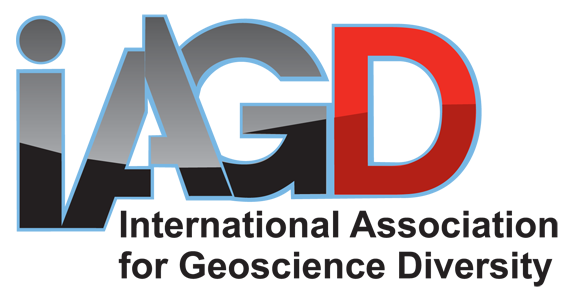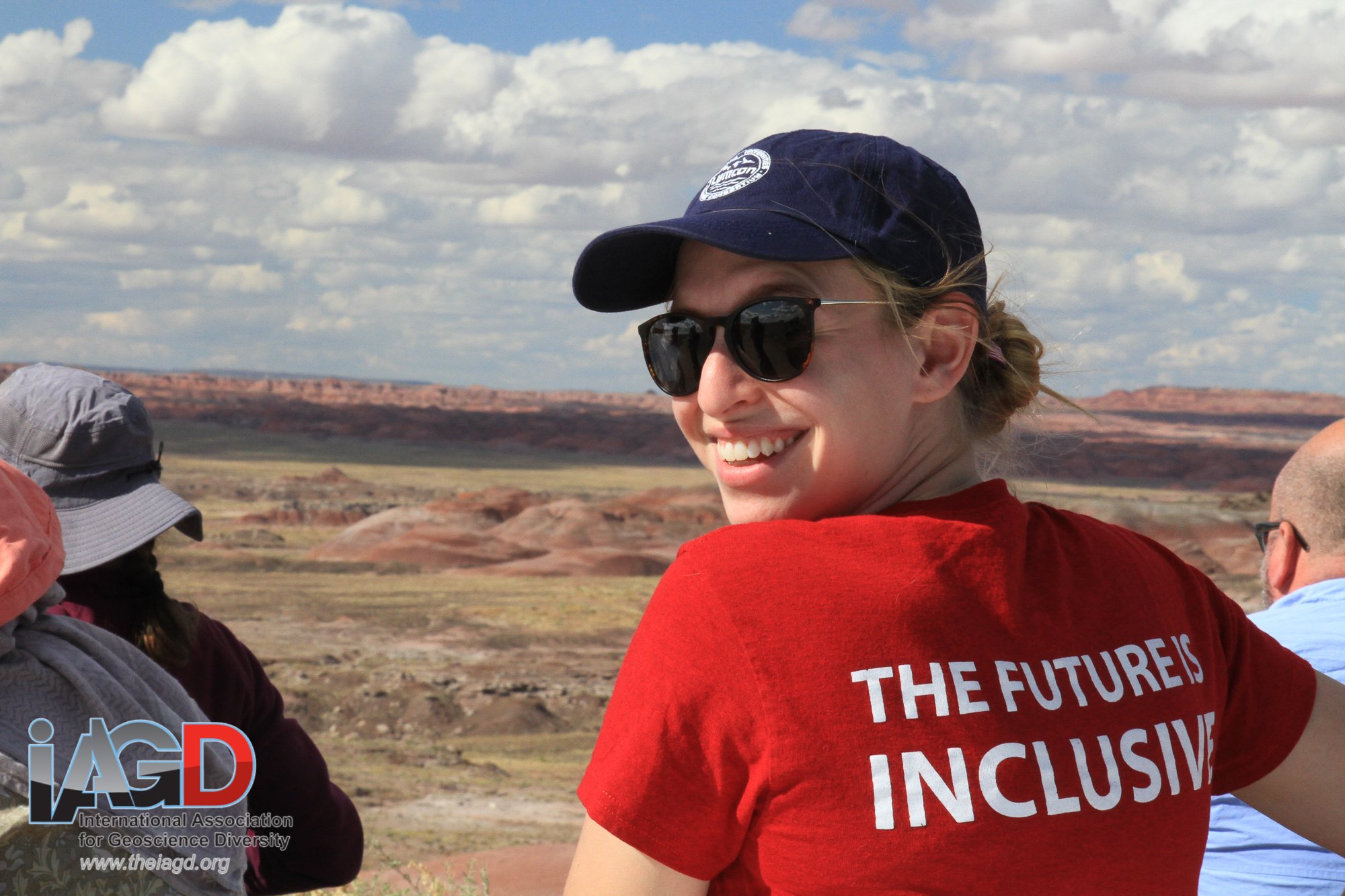Originally published May, 2011.
“Good morning everyone,” began an email written by Kirsten Nicolaysen, assistant professor of geology, to the students of her spring semester “Volcanoes” class. “A reminder that today is one of two optional field trips. We will leave at 12:30 p.m. from the Hall of Science parking lot.”
In addition to outlining the educational goals of the afternoon trip, Nicolaysen’s email offered practical advice for preparing for inclement spring weather and the rocky terrain at the two sites they would visit. “I recommend wearing sunscreen and bringing a raincoat. Closed-toe boots or sneakers are a must.”
But if the locations would be rugged enough to necessitate protective footwear, how would MiKayla Briere ’14, a first-year student from New Hampshire, navigate the expedition in her wheelchair? Luckily, these logistics were of little concern for the adventurous future geologist, thanks to her infectious “can-do” attitude that is mirrored by the staff of Whitman’s Academic Resource Center (ARC).
Led by director Juli Dunn, with support from program coordinator Mary Claire Gegen, the ARC offers a variety of resources to help students get the most of their Whitman experiences, including academic counseling and advising, tutoring programs and tailored disability services. Since before she arrived on campus last fall, Dunn and Gegen have partnered with Briere and other staff members to identify and address her specific needs — from collaborating with Residence Life to place her in an accommodating room to working with the Physical Plant to help navigate the most accessible routes on campus.
“I always joke that Juli and Mary Claire are like the ‘Thelma and Louise’ of resources at Whitman,” Briere said. “Any time I’ve gone to them with an issue of any kind, they’ve been so responsive in helping me. They are up for any challenge.”
In addition to ensuring Briere’s safety and success at Whitman, Dunn and Gegen were faced with the larger task of finding ways to help her participate in the hands-on field work that is critical to the study of geology. The duo’s first challenge: a class outing to Burlingame Canyon, a site west of Walla Walla known as the “Little Grand Canyon.”

MiKayla Briere ’14 uses one of Whitman Academic Resource Center’s two new iPads during a geology field trip to Zanger Junction Quarry, west of Walla Walla.
“Burlingame Canyon is close to Whitman, but it’s a long way down,” Dunn said. “We quickly realized that we wouldn’t be able to physically get MiKayla down to the bottom of the canyon and back up in a way that would respect her needs, allow her to be as independent as possible and maintain the integrity of the class. But our mentality has always been, ‘Of course it’s possible.’ So we just started searching for solutions.”
One idea was to document the trip with a video camera and have Briere review the video after the class had returned. While a good plan in theory, Dunn was quick to point out that some of the most valuable — and educational — experiences of a field trip occur before and after the actual site visit. Conversations during the van ride back to campus or on a lunch break after a morning in the field, for example, can yield important insights and interactions among students and the professor, she said.
Using the video concept as a starting point, Dunn and Gegen collaborated with geology department faculty members and Whitman College Technology Services staff to pool resources and discuss possible solutions. David Sprunger ’96, assistant director of multimedia development and services, and Jon Loney, manager of instructional multimedia services, devised a plan to employ two laptops, one equipped with a video camera, to serve as a closed-channel video feed between Briere and the rest of the class. An instant messaging software called iChat, developed by Apple Inc., would be used to transmit a live, two-way video and audio broadcast.
After a test of the system that successfully connected users on the Hall of Science rooftop with those in the Amphitheatre across campus, the equipment proved ready to roll. Two geology technicians (geotechs) would operate the system, and they brought it on the Burlingame Canyon trip for an official field test. Roll-out, wooden sidewalks were used to get Briere as far into the field as possible. From there, she was able to view on a laptop the more remote areas being filmed at the bottom of the canyon.
“The setup worked fairly well, but we were a little limited by our connection,” said Briere, referring to the two devices requiring line-of-sight range and clear weather to maintain a steady connection. “With geotechs required to operate the camera and laptop, it also took a lot of manpower to make it all work. We needed to find a way to work more efficiently in the field.”
To address these functionality issues, ARC acquired two new iPads — Apple’s ultra-lightweight, hand-held tablet computers that feature a diverse range of communications applications. With a front and back camera, 10 hours of battery life and a user interface that is easier to operate than the laptop and camera system, the iPads quickly replaced the laptops on Briere’s field outings. Two mobile “hotspots” connect to each device, providing wireless connectivity anywhere cell phone coverage is available. Further, instead of requiring geotechs to operate the system, Briere and a volunteer from the class can easily manage the iPads.
But it’s not just Briere who is taking advantage of these new, high-tech academic resources. The iPads are uploaded with a number of applications that benefit Whitman students with a variety of needs, for which accommodations support their academic pursuits. From sound amplification software for hearing impaired students, to text-to-speech and speech-to-text applications, to course-specific tutorials, the devices are free for students to use and can be tailored to meet specific needs with just the tap of a screen.
“There’s a lot of technology to choose from, and many times in education equipment is purchased just because it’s new,” Gegen said. “But every single piece of technology we have at the ARC is so important and crucial for the program — and the impact these tools have on the lives of students is very meaningful.”
For Briere, a coach of adaptive sports who will travel to Alaska this summer to partake in a 12-day climb of Mount Dickey, ARC’s iPads are just another way Whitman has made her academic and personal goals a reality.
“I’m going to be a geology major. I like to be outdoors. I like to play in the dirt,” she said. “I wasn’t going to choose a college that wasn’t going to help me do the things I wanted to do. Whitman has been more than willing to help me.”
Credit: Joe Gurriere. For more information, please visit Whitman College News.







